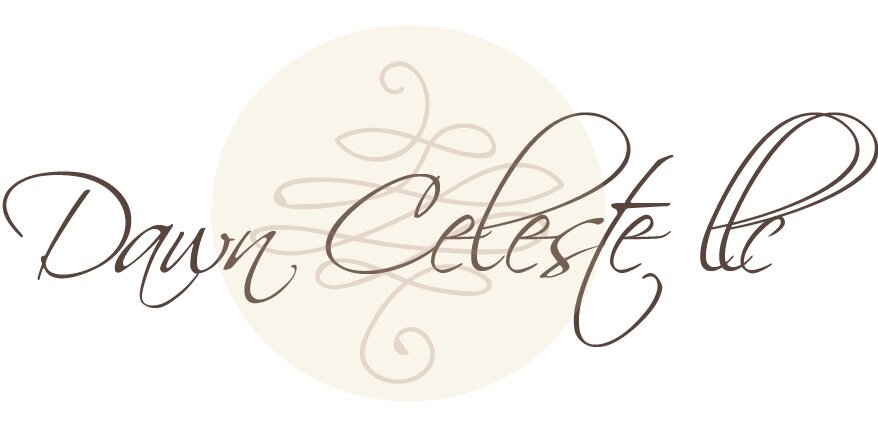The power of a plan.
Why is it that we always feel better when we have a plan, a map, a guide for moving ahead? How do we know that the map isn’t leading us off the biggest cliff in the world? How do we know it’ll work and achieve what we want it to? Why do we think this plan is better than any other plan?
First, the most important thing about a plan is that it is something you own. You either created it or committed to it. You have said — to yourself or somebody or somebodies else — that you will do what it takes to put this plan into action. So, the first real power of a plan is your commitment.
The second power of a plan is the confidence it brings. For example, if you are 45 pounds overweight you need a plan to change that. Perhaps you will cut sugar and carbs from your diet and begin walking for 30 minutes five days a week. You'll measure success by how the navy blue pants fit when you try them on each Sunday. When they fit comfortably you will weigh yourself to see how much weight you’ve lost. The confidence a plan brings starts with the hope and anticipation it conjours up inside us. It’s facing a challenge head on and creating specific steps to overcome the challenge.
The third power of a plan is the framework it provides. It has clear action steps and provides detail on what needs to be done and when. It is then up to us to bring the discipline and the hard work to the table to make it happen.
The fourth power of a plan is that it is written down or said aloud. Its clear structure makes it much simpler — counterintuitively — to change directions. Yes, you read that correctly. When you have a clear sense of the direction you’re heading and what you’re trying to achieve it is glaringly obvious when the direction you’re heading isn’t bringing you the desired results. Take the diet example above. Perhaps you did all of those things but ignored portion size of everything else that you ate. It might not work as well and you might need to recognize what you were doing (unintentionally or unconsciously) and look it in the face, understand it, and create a plan to break through the barrier. Having a plan does not mitigate barriers. It does, though, clearly show and tell you when a barrier presents itself so that — if you’re paying attention — you can adapt and adjust your plan.
I often say that planning is fun because when you’re planning it’s kind of like play. You play or pretend that the world and life and people are predictable and that the fastest path from A to B is a straight line. You map out the steps, who will do them, how you’ll know if you’re successful, and in what timeframe you want to make it happen. Only people that do strategic planning for a living think this stuff is fun…but I really do (don’t tell). You map things out. The map brings inspiration and confidence that you have a clear direction. The purpose and end-game combine to thrust your heart and mind into action. This bolsters your confidence so that you take the first step.
The first step is the hardest. The power of a plan gets you off of your heels and moving forward. Have you ever had a great plan, gotten started, and the plan morphed so dramatically that the result looked nothing like the first plan? I hope so! This is the super power of a plan. It solidifies what you want and don’t want and gives you the courage to measure, look at, and adjust your route so you achieve your goal. Or learn that you need a new goal.
A young man recently saw a mentor and she summed it up perfectly. “He is a man that needs a plan,” she said. He smiled at the notion of having a plan. There’s power there.
Where in your life has a plan been powerful for you?
